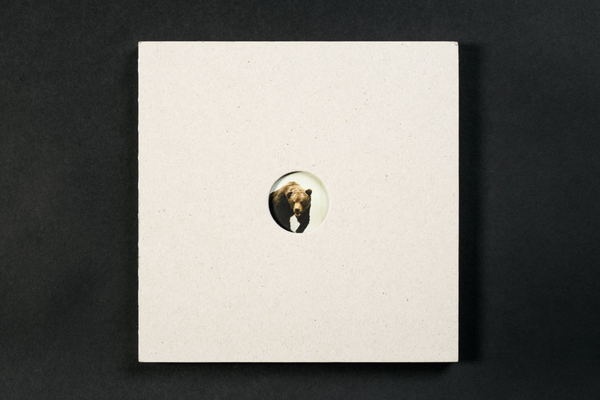
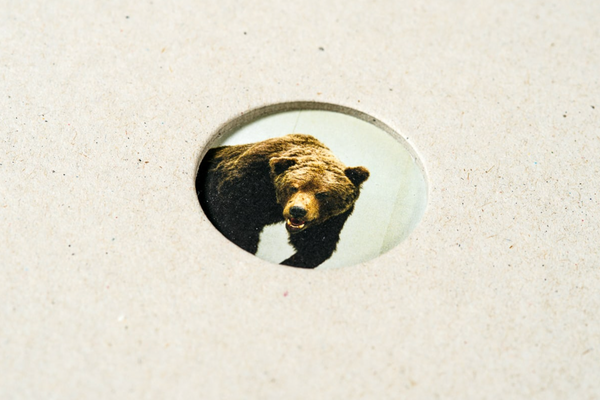
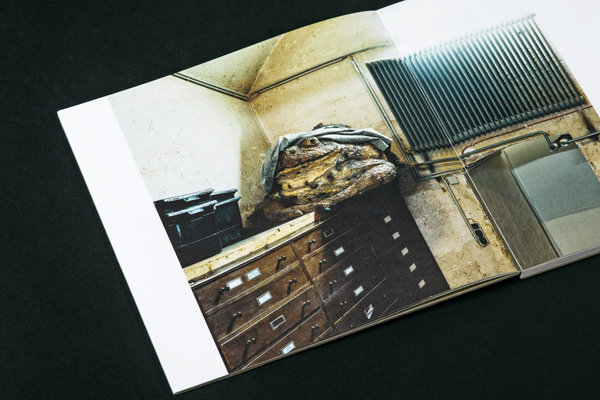
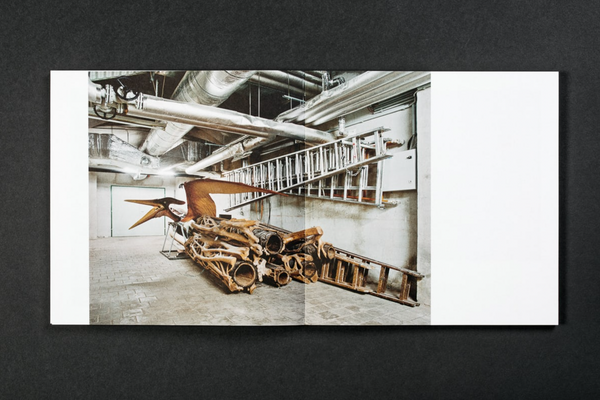
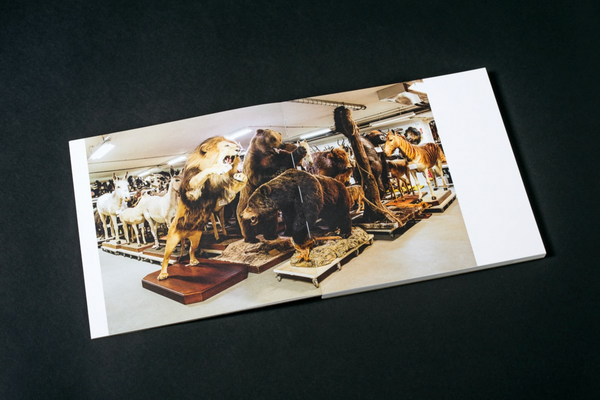
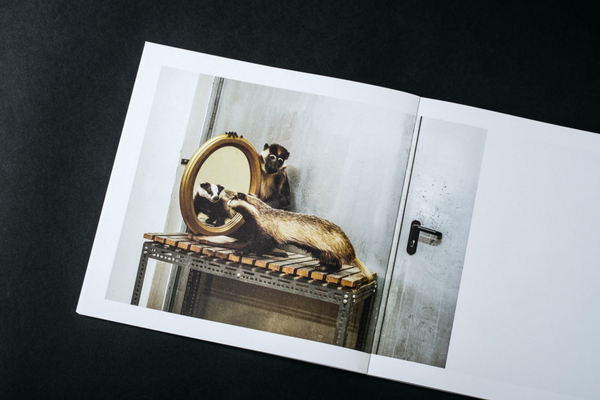
Klaus Pichler
Skeletons in the closet
Self published — 2013
It all started when I happened to catch a glimpse through a basement window of the Museum of Natural History Vienna one night: an office with a desk, a computer, shelves and a stuffed antelope. This experience left me wondering: what does a museum look like behind the scenes? How are exhibits stored when they are not on display? I was intrigued by these questions when I started to work on this project after being granted permission to take photographs on museum premises. Due to the sheer size of the museum (it covers an area of 45.000 square metres!), this series soon turned out to be a long term project. I started to focus on the less well known departments of the museum and their contents. Therefore, the focus of this study is not on the exhibition spaces of the museum of natural history, but on the space behind the scenes, particularly depots, cellars, and storage rooms assigned to individual departments which are generally not accessible to the public. These spaces are used for the storage of countless exhibits belonging to various collections, sorted following a rigidly scientific classification system, but also taking into account the limited storage space available. As a photographer with limited knowledge of scientific research methods, the museum’s back rooms presented to me a huge array of still lives. Their creation is determined by the need to find space saving storage solutions for the preservation of objects but also the fact that work on and with the exhibits is an ongoing process. Full of life, but dead nonetheless.